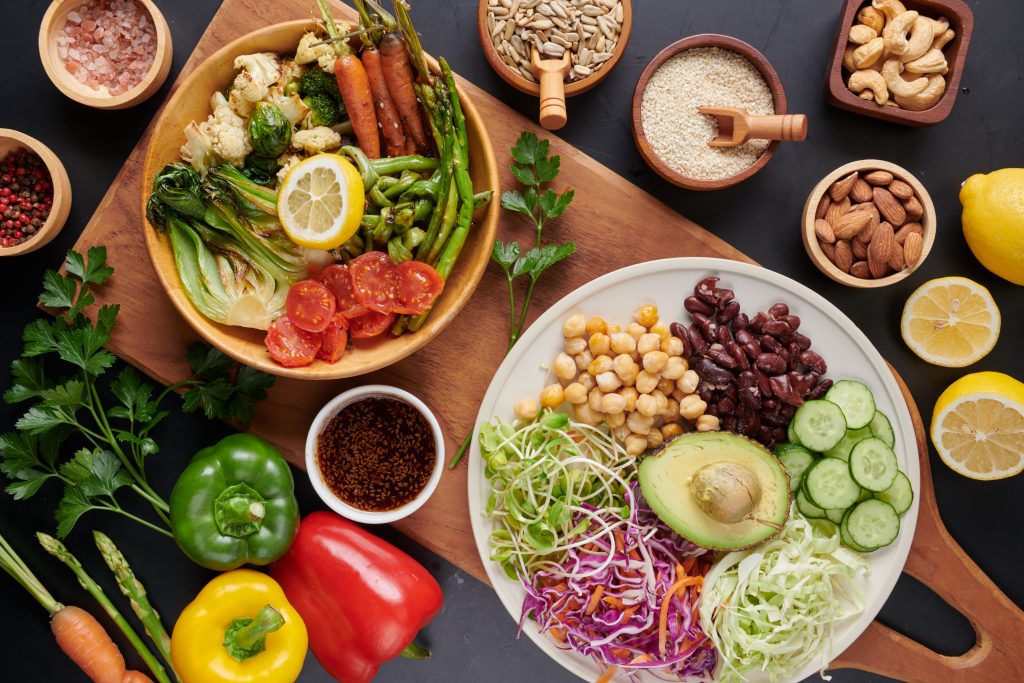If there’s one thing I’ve learned working with women in midlife, it’s this: nutrition is the foundation of health.
It’s not about calories.
It’s not about chasing the next diet trend.
And it’s not about fasting until noon because someone said it “resets your metabolism.”
It’s about the quality of your food. It’s about nutrient density. And it’s about eating in a way that supports your unique body through the changes of perimenopause, menopause, and beyond.
The Confusion Around Food during Menopause
If you’ve ever googled “best diet for menopause,” you’ve probably been left with more questions than answers. Keto, paleo, low-carb, vegan, Mediterranean, intermittent fasting… which one is right?
Here’s the truth: there is no one-size-fits-all approach. That’s why I don’t subscribe to a single “diet” for my clients. Instead, I help women uncover the way of eating that works for their body.
What do I recommend as a starting point?
Just Eat Real Food (JERF). If it comes from the earth and not a package, you’re already on the right track.

When I’m helping women rebuild their energy, balance hormones, and feel good in their bodies again, I keep it simple with three essentials:
• Protein – It’s non-negotiable in midlife. Protein helps maintain and build muscle, balances blood sugar, supports brain function, and keeps you full.
• Healthy fats – Think avocado, nuts, olive oil, salmon. These stabilize mood, nourish your brain, and help balance hormones.
• Fiber + complex carbs – Not the processed, blood-sugar-spiking kind, but whole-food carbs like vegetables, fruit, quinoa, beans, and root veggies. Fiber also feeds your gut microbiome, which is essential for hormone health.
Extended fasting may be trendy, but it’s not my go-to for women in midlife. Why? Because your hormones, energy, and metabolism often need more support, not long stretches of deprivation.
That said, an overnight fast of about 13 hours can be very beneficial:
Extended fasting may be trendy, but it’s not my go-to for women in midlife. Why? Because your hormones, energy, and metabolism often need more support, not long stretches of deprivation.
• It gives your digestive systems a break.
• It supports blood sugar balance and can improve insulin sensitivity.
For most women, this looks like finishing dinner at 7 p.m. and having breakfast around 8 a.m.
When you’re eating nutrient-dense food in the right balance of protein, fat, and carbs, you give your body what it needs to:
• Keep energy steady all day long (no 3 p.m. slump)
• Support a sharp, focused mind
• Build a healthy gut that communicates with your brain and hormones
•Reduce inflammation and improve long-term health
The bottom line?

Nutrition is not about rules, restriction, or the perfect “diet.” It’s about real food, eaten consistently, in a way that works for you.
And when we get this foundation right, everything else like sleep, movement, hormones, stress, falls into place more easily.




